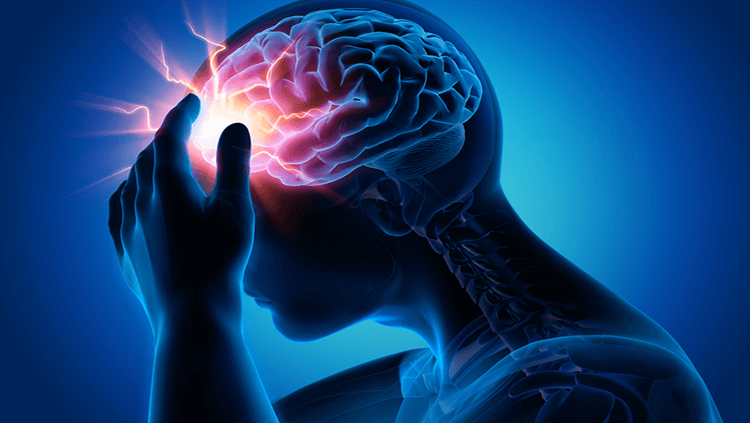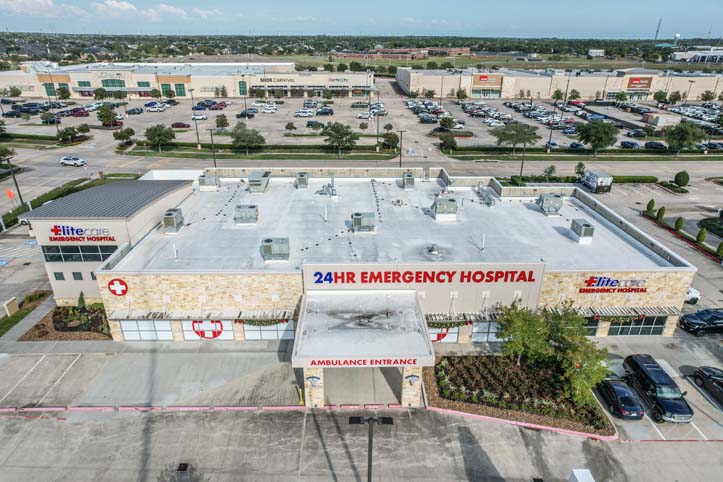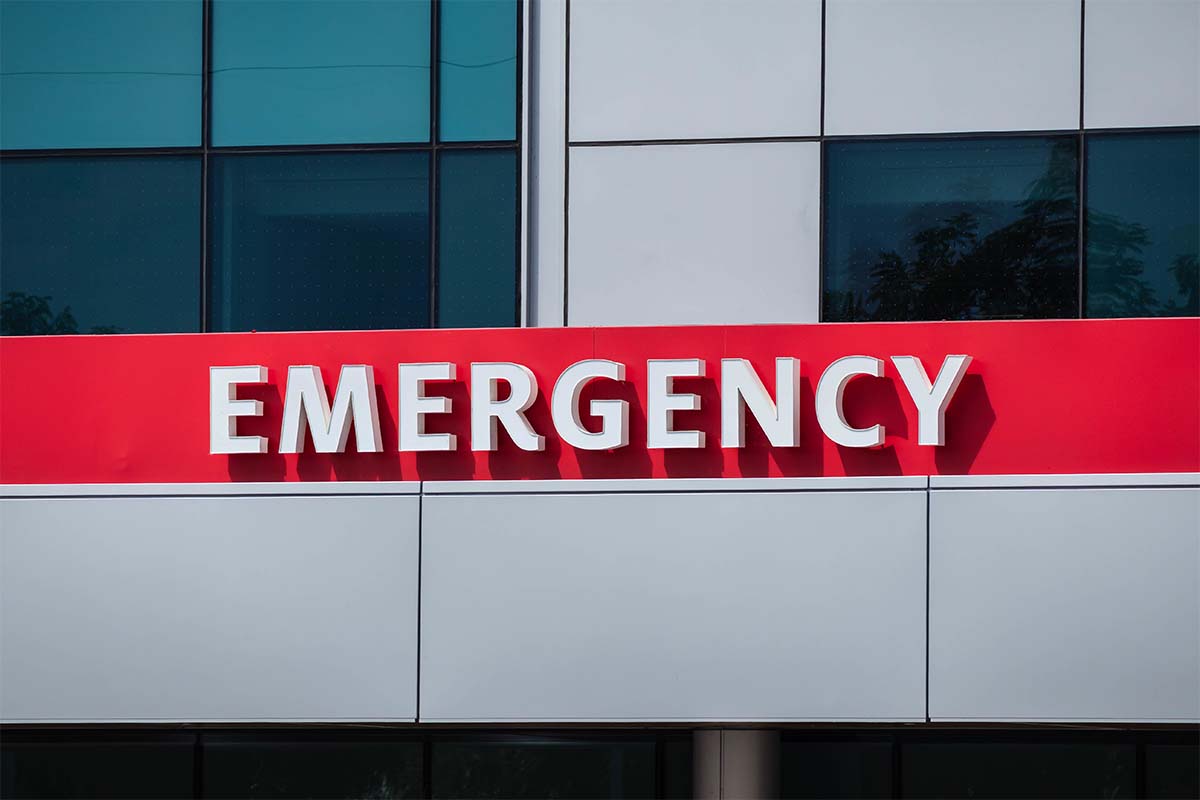
Comprehensive Concussion Assessment and Treatment for a Safe Recovery
Concussions can be confusing and scary, especially if you don’t know what to look for or how to respond. These brain injuries can happen during sports, accidents, or any impact to the head. Spotting the signs quickly is crucial for getting the right help and avoiding further complications.
At Elitecare, we focus on the health and safety of our community by providing thorough assessment and treatment for concussions. Our approach ensures that each patient receives personalized care suited to their needs. Understanding what happens during a concussion and knowing the best steps to take can alleviate anxiety and promote healing.
In this article, we’ll explore how Elitecare assists those experiencing a concussion, ensuring rapid assessment, effective treatment, and a smooth recovery. Whether you’re an athlete, a parent, or someone just living their day-to-day life, knowing how to handle a concussion is important for your well-being.
Recognizing the Signs of a Concussion
A concussion is a type of brain injury that often occurs from a blow to the head. Recognizing the signs early can make a big difference in getting the right care. It’s important for parents and caregivers to be aware of the symptoms to ensure a child’s safety.
Here are some common signs to look out for:
1. Headache or Pressure in the Head: One of the most frequent symptoms after a head injury.
2. Dizziness or Balance Problems: Children may feel unsteady or have trouble walking.
3. Nausea or Vomiting: Feeling sick or throwing up can indicate a concussion.
4. Confusion or Foggy Feeling: Kids might seem confused or have trouble concentrating.
5. Sensitivity to Light or Noise: Bright lights or loud sounds can become uncomfortable.
6. Sudden Mood Changes: Look for irritability, sadness, or unusual behavior.
7. Sleep Disturbances: Changes in sleep patterns, like sleeping too much or too little.
Understanding these signals enables parents to act quickly and seek professional help to confirm a concussion. When in doubt, it’s always best to consult a healthcare provider to ensure proper diagnosis and care.
Immediate Actions to Take After a Head Injury
Acting swiftly after a head injury is crucial, especially if you suspect a concussion. Knowing what to do next can protect your child’s health and ensure they get the care they need. Immediate response can prevent further harm and support recovery.
Here’s what you should do right away:
1. Stay Calm and Assess the Situation: Keep your child still and calm to prevent further injury. Look for visible signs of a concussion.
2. Seek Medical Attention: If concussion symptoms are present, head straight to a healthcare professional. It’s better to err on the side of caution.
3. Monitor for Changes: Watch for any changes in symptoms over the next few hours or days. Worsening symptoms require immediate medical evaluation.
4. Avoid Physical Activity: Ensure your child stops all sports or vigorous activities. Rest is vital after a head injury.
5. Provide Support: Offer reassurance and keep your child comfortable while awaiting medical help.
6. Report to School or Activities: Inform teachers or coaches about the injury so they can watch for symptoms during activities.
Understanding these steps ensures you take the right actions to protect your child’s health. Quick and thoughtful responses can significantly impact recovery outcomes.
Elitecare’s Comprehensive Concussion Assessment Process
When someone suspects a concussion, a precise assessment is crucial. At Elitecare, we use a detailed process to ensure accurate diagnosis and effective treatment. The assessment begins with a thorough medical history taking, where we gather important details about the injury’s cause and any symptoms experienced since the incident. This step sets the foundation for the rest of our care plan.
After the initial discussion, we move to physical and neurological exams. Our skilled medical team checks for signs like memory loss, concentration difficulties, and coordination issues. These assessments help us determine the severity of the concussion and guide our treatment approach.
We also use imaging tests, such as CT scans or MRIs, if needed. These tests provide a closer look at the brain and help rule out any serious injuries like bleeding or swelling. Combining these methods ensures that no aspect of the concussion is missed.
Our focused and detailed assessment provides patients with clarity and a well-rounded understanding of their condition. It allows us to plan an effective recovery path tailored to each individual’s needs, setting the stage for a successful treatment experience.
Effective Treatment and Recovery Strategies for Concussions
After a concussion assessment, the next step is ensuring proper treatment and recovery. At Elitecare, we follow a personalized approach that focuses both on immediate care and long-term recovery.
Our treatment program begins with cognitive and physical rest. This means taking a break from activities that require intense focus or physical effort. Students may need to limit their school activities, while adults might have work modifications. This rest is crucial to allow the brain to heal properly.
Gradually, as symptoms improve, patients can reintroduce regular activities. Our team guides this transition, ensuring it aligns with the patient’s recovery pace. We monitor progress closely to prevent any setbacks.
We also provide education on symptom management. Patients learn ways to handle headaches and dizziness, which are common after a concussion. Hydration, nutrition, and sleep play key roles in recovery, and we provide guidance on maintaining these healthy habits.
For more severe cases, specialized therapies such as vestibular therapy or occupational therapy might be recommended. These therapies aid in reducing balance issues or improving daily functioning.
Our detailed approach to concussion treatment focuses on individual recovery, ensuring each patient returns to their everyday life safely and effectively.
Ensuring a Safe and Healthy Recovery
Ensuring safety after a concussion is crucial, not just for immediate healing but also for long-term well-being. Educating patients and their families about potential risks is an integral part of our care. Avoiding screens, loud noises, and bright lights can help reduce symptoms. Regular follow-ups are essential to track recovery progress, as they allow us to adjust treatment plans based on evolving needs.
Returning to normal activities should be gradual and monitored by a healthcare professional. Our team equips patients with the knowledge and tools required for managing challenges during recovery. With proper guidance, patients can confidently navigate the path to full health, ensuring a secure return to daily activities without risking re-injury.
If you or a loved one is dealing with a concussion, it’s important to seek timely and effective care from a trusted emergency clinic. At Elitecare, our expert team provides comprehensive assessments and tailored recovery plans to support a full recovery. Visit our facility to ensure you receive the highest quality care for your concussion needs.
















